Title: "Monitoring vineyard health using cutting-edge technology "
Description: "Brillante Lab is leveraging cutting-edge technology to monitor vineyard water status,
detect diseases, and assess grape composition using various sensors, including RGB,
multispectral, and hyperspectral cameras. These sensors are mounted on multiple platforms
such as satellites, robots, drones, and UTVs. Additionally, the team is dedicated
to mitigating the impacts of climate change on vineyards testing different practices
adaptations. "
Presenters: Eve Laroche-Pinel and Diego FreireBastidas
Description: The Monarch MK-V Tractor is an all-electric 40-50 HP tractor. We are developing autonomous
operations for vineyard management using our 360-degree cameras and GPS configuration.
Today, you will see one of these operations: Autodrive Mowing. This feature can help
vineyards save money by reducing chemical costs while also protecting the environment
from potential harm caused by some of these chemicals.
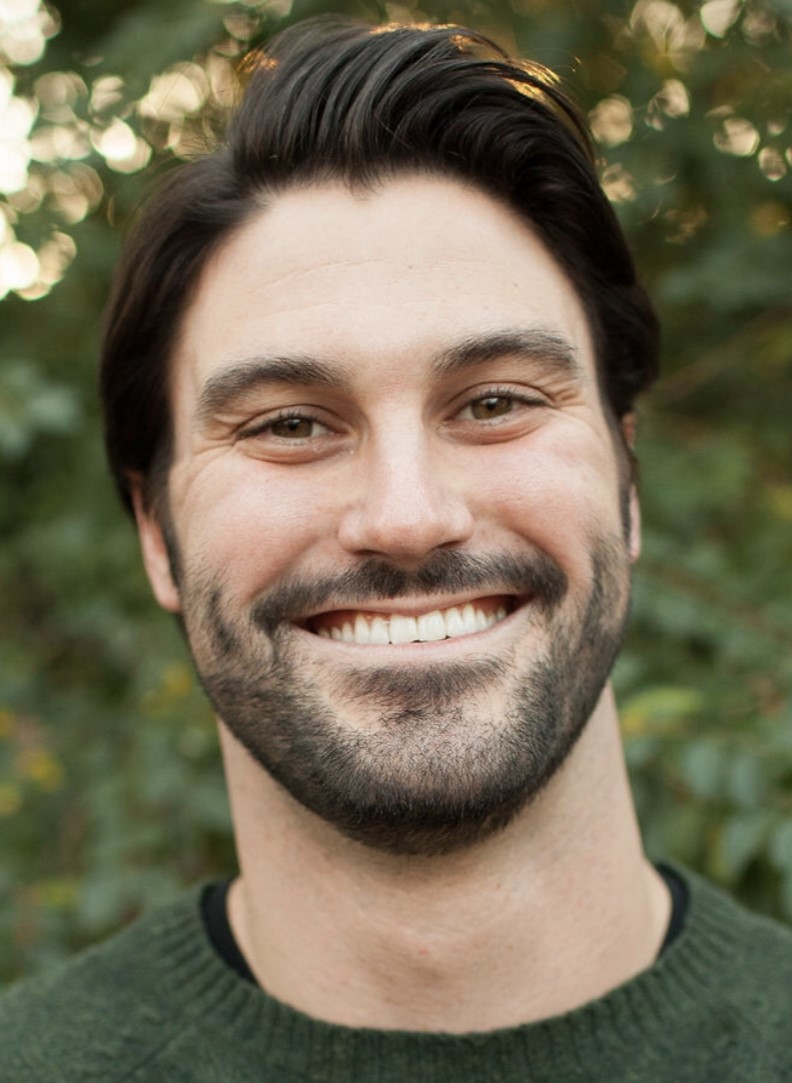
Luke Carter, and is the Central California Representative for Monarch Tractor. He holds a degree
in Horticultural Sciences from Texas A&M University and has been immersed in agriculture
my entire life, thanks to his grandfather, a cattle, corn, and soybean farmer in the
Midwest. Luke has been with Monarch Tractor for the past year and have and has thoroughly
enjoyed working with farmers to demonstrate how the Monarch MK-V can enhance their
sustainable practices and provide valuable insights into their daily operations. As
profit margins for farmers become increasingly tight, our goal at Monarch Tractor
is to make the agriculture industry both more sustainable and more profitable.
Description: Omnia Specialties, Inc. will evaluate our soil health program featuring Rhizovator,
Bacstim, and an enzyme designed to promote root development and a healthy rhizosphere.
Additionally, we'll delve into our plant health program using Crop4Live and Mega-Kel-P,
assessing plant vitality, disease suppression, yield, and quality.
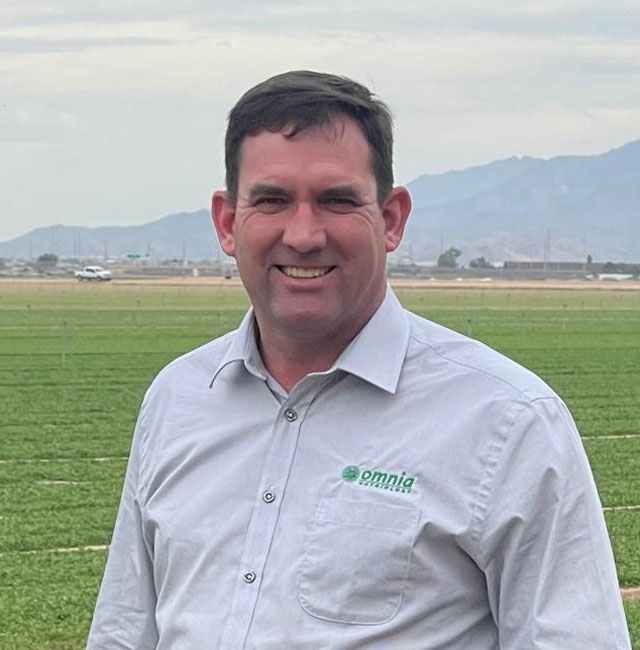
Dirk Barnard has the passion for agriculture and people driven by a quest to make a significant
contribution to food security, he helped develop new markets globally by continuously
reaching for new frontiers in innovative environment friendly and economical crop
production solutions. He follows a holistic approach to economic sustainable agriculture
with a focus on soil health and plant vitality.
With extended experience in organic, natural and biological derived compounds as well
as chemical solutions, Dirk strives to provide simplistic solutions for everyday challenges
on the farm, assisting farmers with growing a healthy, and profitable crop of good
quality. He believes in independent accredited research as the base of our marketing
efforts, maintaining customer relationships through continuous on-farm visits, providing
agronomic service and advice through knowledge and experience.
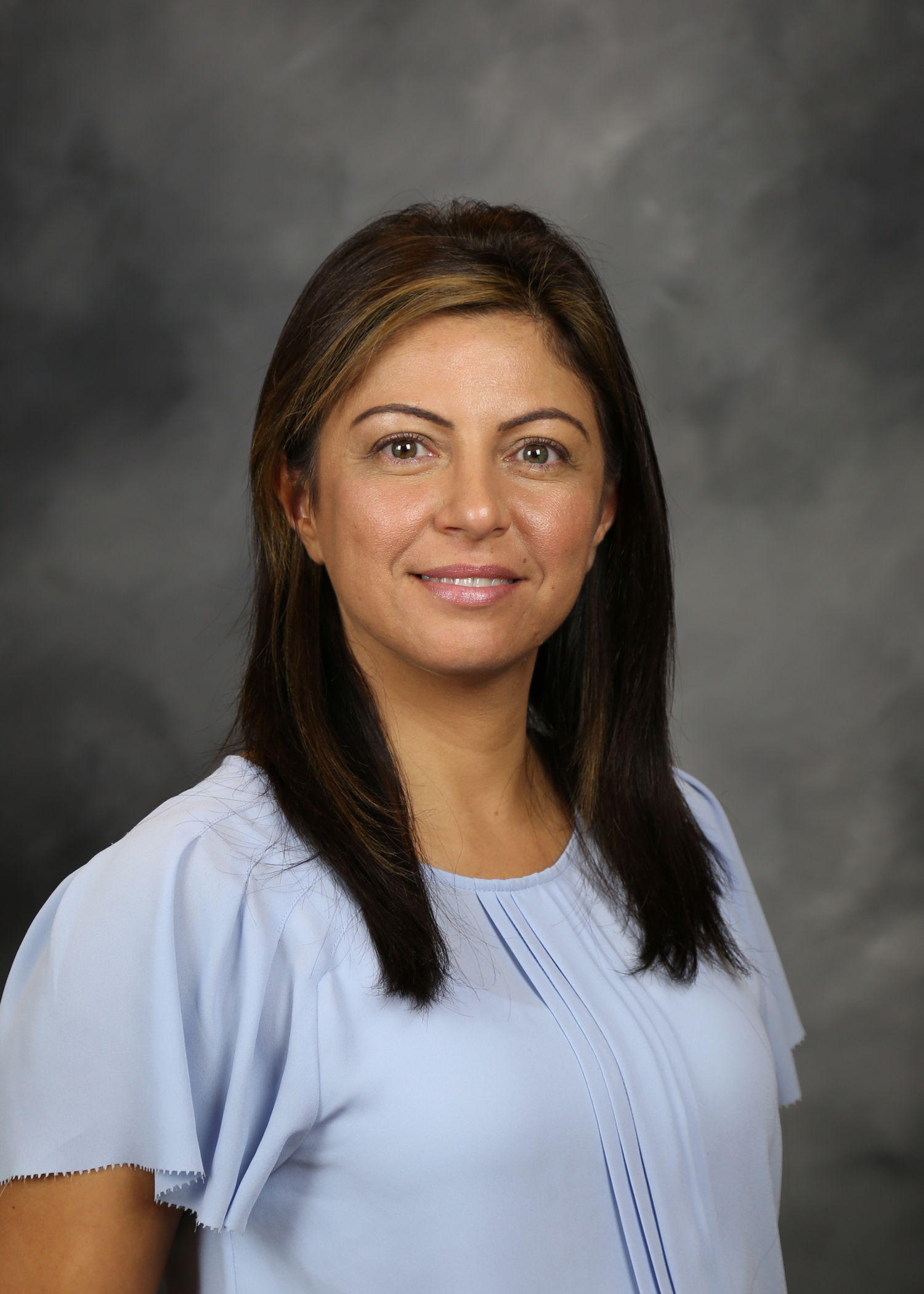
Dr. Abi-Ghanem is the consulting soil scientist at OMNIA Specialties. She earned a Ph.D. degree
in Soil Science from Washington State University with an emphasis in Soil Microbiology
and Sustainable Agriculture. She has extensive experience in humic acids and soil
health. She previously led a team developing and testing carbon-based liquid fertilizers
and served in several science committees including the HPTA, Soil Science Society
of America, and the EPA science advisory board. She currently teaches at Allan Hancock
College and previously taught at Washington State University and CalPoly
Title: The Effect of Biofungicides on Grape Quality, Composition, Fermentation, and Sensory
Characteristics of Wines from California
Description: I will be discussing my research project on the impacts that biofungicides have on
the resulting grapes and wine. I will mention the wine grape diseases in question
and their impact on wine, the negative ecological effects of synthetic fungicides
and their impact on wine, then get into my project design and results.
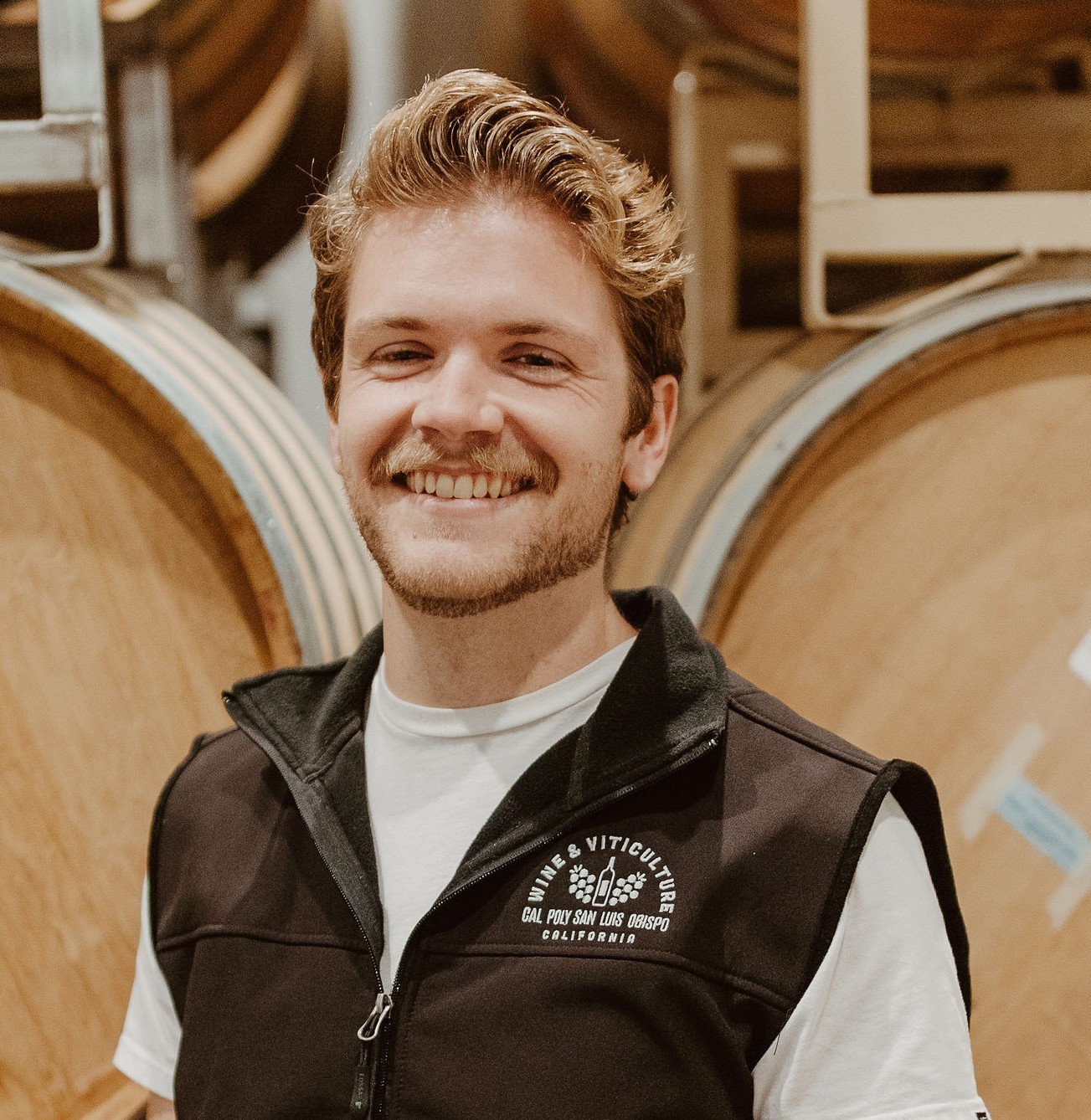
Quinn Cahoon graduated with his bachelor's degree in Wine & Viticulture at Cal Poly, San Luis Obispo
and is currently a graduate student in Dr. Kristy Sun's lab studying the effect of
biofungicides on grape and wine composition, fermentation performance, and finished
wine sensory characteristics. Two different vineyard sites, one on the Central Coast
of California and the other in the Central Valley of California were sprayed with
three different biofungicides, harvested, and made into wine. The results for year
one of the trial indicate no significant effects caused by the biofungicides when
they were able to adequately control disease, but in vineyards with high disease pressure,
the grape and wine characteristics were negatively impacted. A second year of data
collection will begin this coming harvest. After this data is collected, Quinn will
present his thesis and graduate at the end of the Spring 2025 semester.
Title: Wine Industry Energy Resilience
Description: Wineries and vineyard ops reliance on energy from the grid is at a critical juncture
between expansion of electrified equipment and grid ability to provide power, reliably
and affordably. We will break down needs, challenges, and solutions specific to the
wine industry.

Patrick Baker, a seasoned wine industry executive working in sales, business development, marketing,
finance, viticulture and winemaking joins VECKTA as Director of Business Development.
His focus in the Food & Beverage (F&B) realm stems from his 20 years of industry experience,
starting as a winegrape grower in Sonoma CA.
Title: Sustainable Winegrowing & CCSW Certification Overview
Description: Learn about California Sustainable Winegrowing Alliance (CSWA) and their educational
and certification program. The steps required to become Certified California Sustainable
Winegrowing (CCSW) and other helpful tools and resources will also be covered.
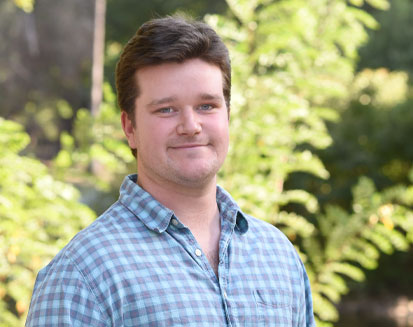 Roy Butler assists with the implementation and progress of the third-party certification program,
CCSW. He began with the Wine Institute and CSWA in 2020, and he brings to the role
several years of experience in the wine industry as a grower relations representative
combined with an educational background in Wine and Viticulture. He graduated from
California Polytechnic State University with a bachelor's in Wine and Viticulture.
Roy Butler assists with the implementation and progress of the third-party certification program,
CCSW. He began with the Wine Institute and CSWA in 2020, and he brings to the role
several years of experience in the wine industry as a grower relations representative
combined with an educational background in Wine and Viticulture. He graduated from
California Polytechnic State University with a bachelor's in Wine and Viticulture.
Title: The Effects of Tillage and Cover Crop on Net Ecosystem Carbon Balance and Soil Microbiome
in Vineyard Agroecosystems
Description: The usage of cover crops and minimal/no-tillage have been the two vineyard floor
management strategies wine grape growers increasingly implement to benefit soil health,
carbon sequestration, and improving grapevine physiological performance. However,
specific site conditions in various vineyards might influence the effectiveness of
both strategies on grapevine as well as on soil. This presentation is to provide more
information on the effects of both conservation practices on wine grape productivity
and quality as well as soil health in two major wine producing regions in California.
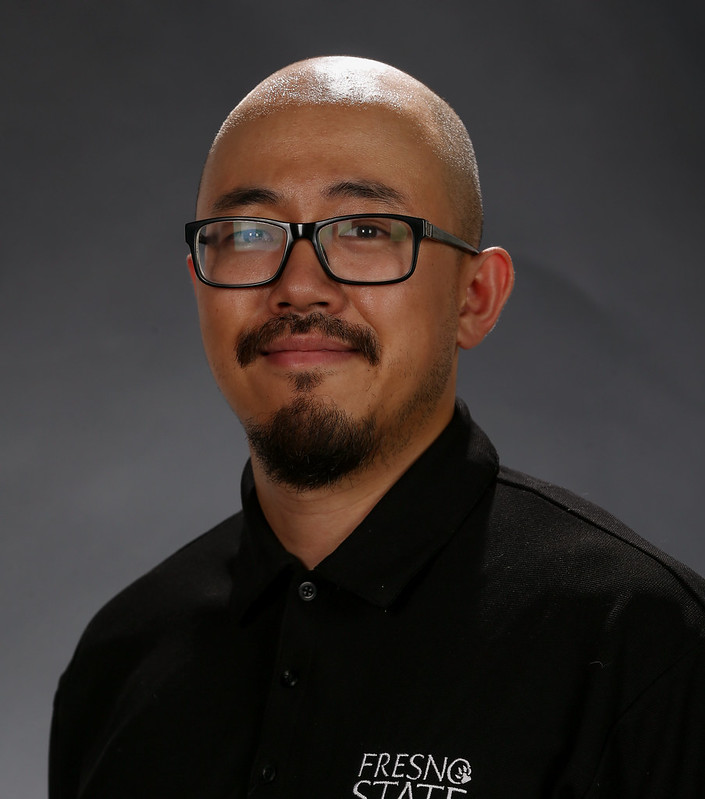 Dr. Cliff Yu is an assistant professor from the Department of Viticulture and Enology, California
State University, Fresno. His current research focuses include:
Dr. Cliff Yu is an assistant professor from the Department of Viticulture and Enology, California
State University, Fresno. His current research focuses include:
• Grapevine physiology and berry chemistry as affected by abiotic stress such as heat
waves, solar exposure, and water deficits.
• Implementation of mechanization and precision viticulture technologies in wine grape
vineyards to optimize both vineyard productivity and quality.
• Soil-plant water relations and assessments of soil water content and evapotranspiration
by modern technologies to improve vineyard water use efficiency through irrigation.
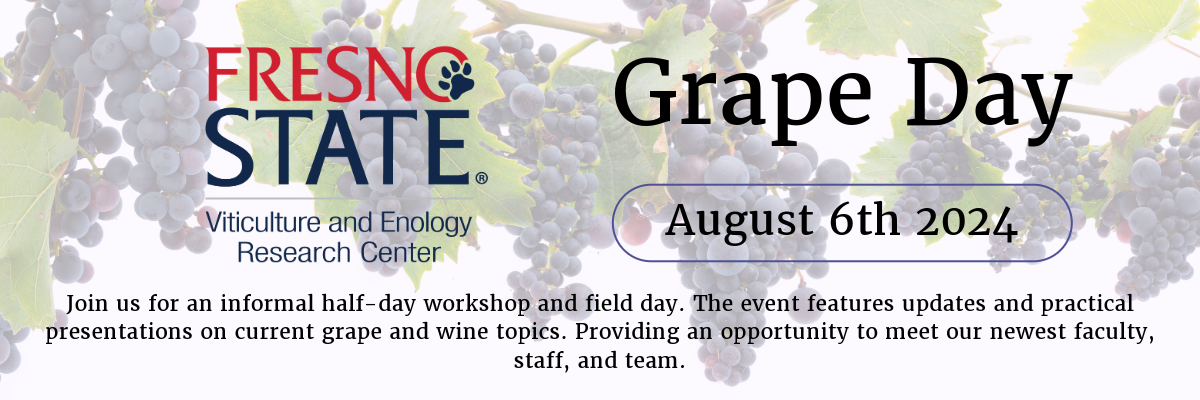



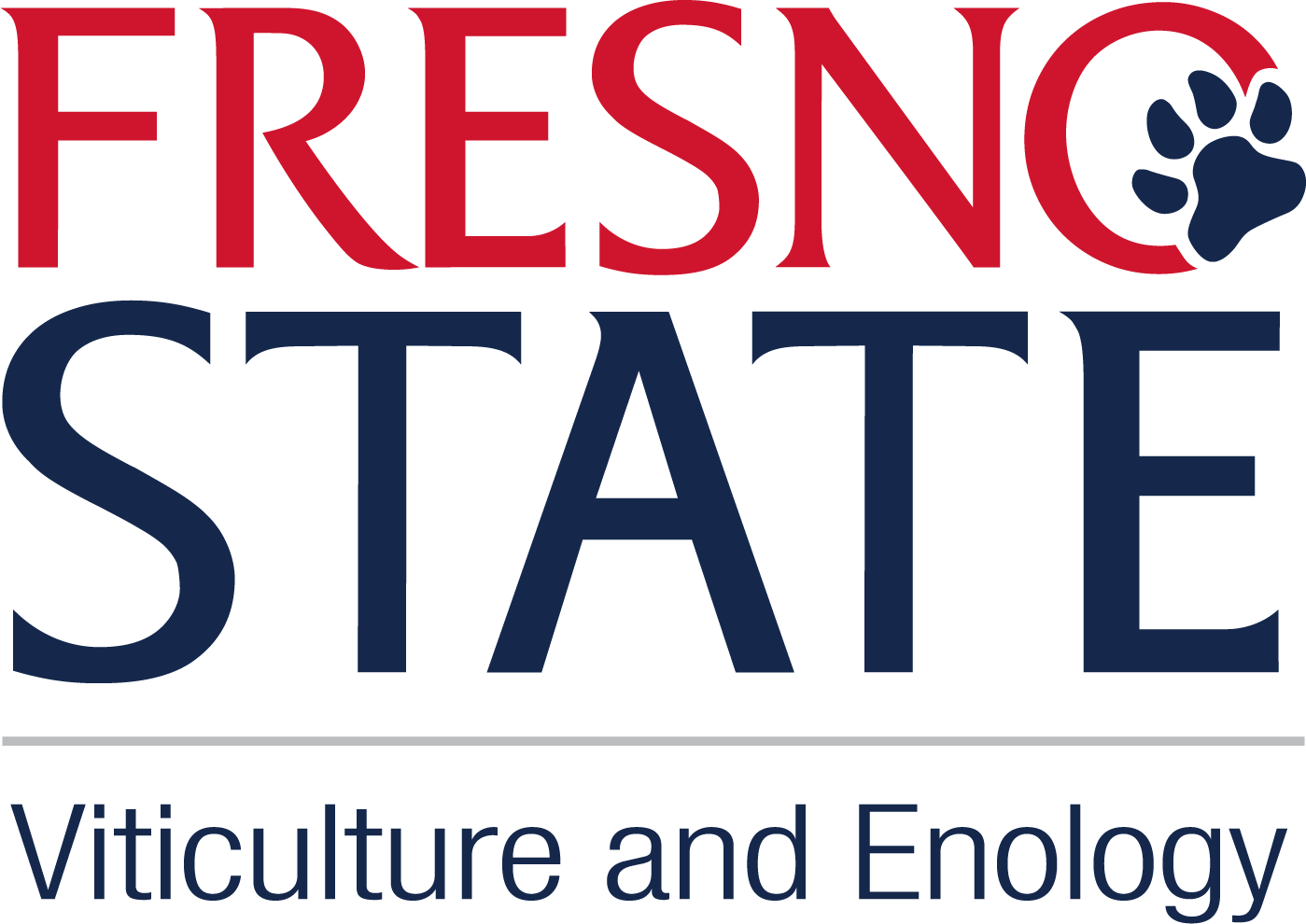
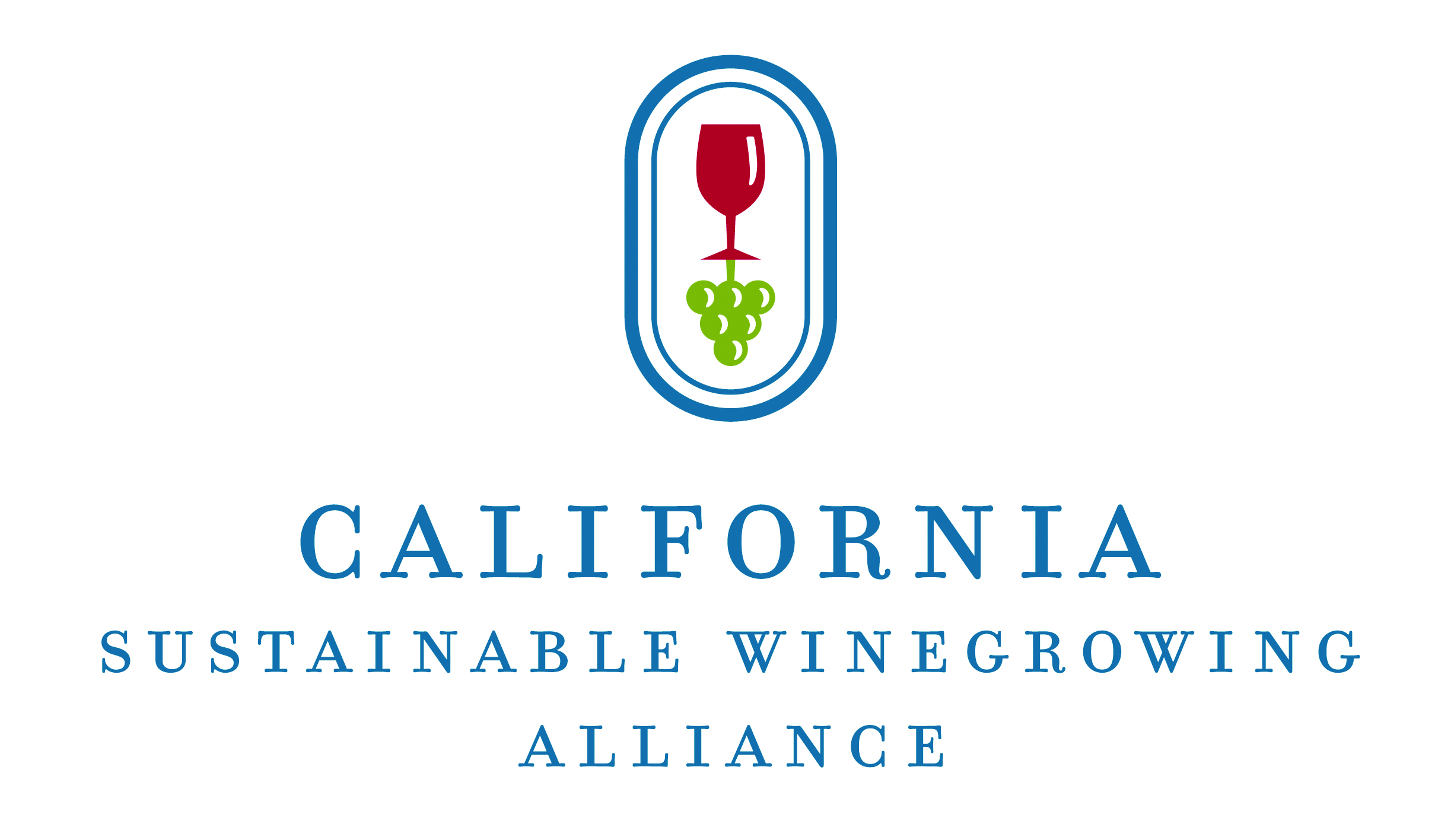






 Dr. Cliff Yu is an assistant professor from the Department of Viticulture and Enology, California
State University, Fresno. His current research focuses include:
Dr. Cliff Yu is an assistant professor from the Department of Viticulture and Enology, California
State University, Fresno. His current research focuses include: 